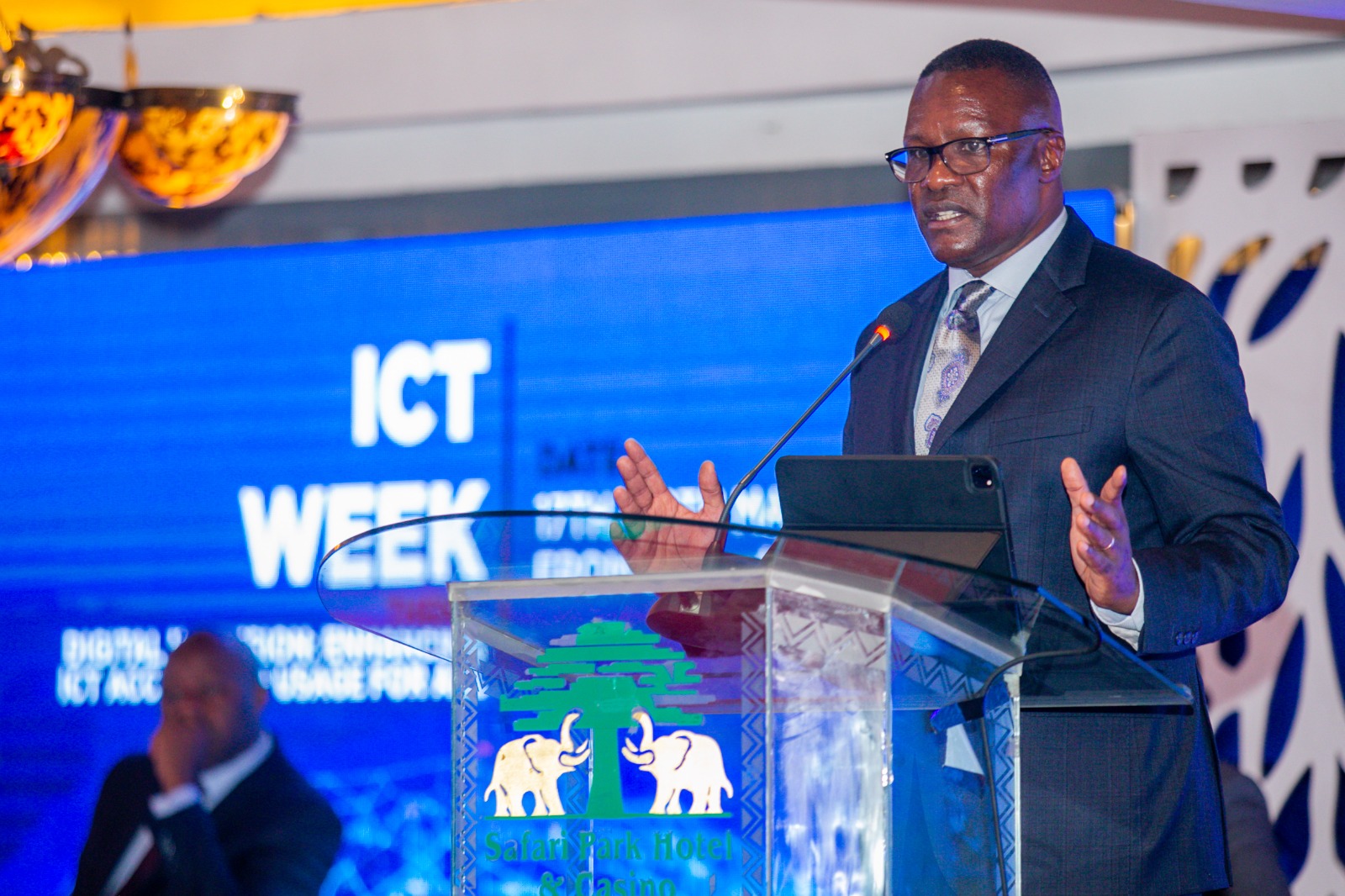Local smartphone assembly has been part of the ICT ministry’s plan to foster digital inclusion for all Kenyans and provide affordable access to smart devices. HMD Global, which sells Nokia-branded devices, has revealed that it has similar plans and goals.
Smartphones are not exactly cheap in Kenya. While companies such as Transsion (which manufactures TECNO, Itel and Infinix smartphones) and OPPO among others offer more affordable alternatives, they have since adjusted their prices upwards, compelled by the tanking dollar rate, inflation and local taxes. Specifically, in the Finance Act, 2022, the government proposed a 10% tax on the importation of phones, in addition to the existing import duty which stood at 25%. This development no doubt hinders digital inclusion and could stall smartphone penetration, as the majority of Kenyans cannot afford the devices.
Earlier this year in a TV interview, Kenyan ICT and digital economy cabinet secretary Eliud Owalo proposed the possibility of manufacturing smartphones locally for $40 (a little over KES 5000), to bridge the digital gap. He shared that despite being competitors, telecom companies in Kenya such as Safaricom, Jamii Telecom, and Airtel, had come together to address the affordable smartphone deficit in the country. Owalo stated that the manufacturing infrastructure was being put in place as Kenya transitions from an importer of technology to a manufacturer.
The target launch date for this initiative was set for July 2023. The feasibility study for this project has been completed and the necessary local and imported components have been sourced.
During the Information Communication and Technology (ICT) week held in Nairobi, it was reported that the government is still on track to ensure the success of this project. According to the Cabinet Secretary, the smartphones will cost the proposed amount of $40, and will be released in July. The devices will be assembled in Konza City, Kenya’s upcoming green city. However, other than the mentioned telcos, it is still not clear which other companies will take part in the assembly process.
Nokia to assemble some devices in Kenya
A few weeks ago, HMD Global, manufacturers of Nokia smartphones, announced plans to assemble some of its smartphones in Kenya. HMD’s goal is the same: to improve access to affordable smart devices in Kenya.
Nokia, which returned to the local market back in 2017, is a known brand, but its command in the smartphone market has waned as public interest has shifted to other brands. The brand is now trying to appeal to potential local buyers with affordable 5G-powered phones.
HMD Global also intends to provide locals with device financing programs so they can purchase phones in payment installments. Safaricom also offers customers a similar phone purchase plan via the Lipa Mdogo Mdogo program. Customers are able to pay as low as KES 20 per day over an extended period for their very own smart devices. The program has been successful, seeing the sale of more than 0.5 million devices.
Unclear partnerships
For now, it is not clear if the government is only partnering with telcos for the local smartphone assembly. Other potential partners include Transsion Holdings and BBK Electronics (manufacturers of OPPO, Vivo and OnePlus devices). It is also unclear whether local assembly will be limited to smartphones only. However, more details will be revealed as the rollout date approaches.



















